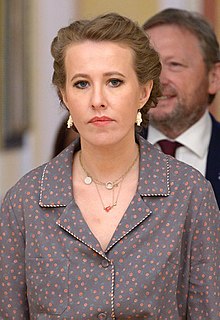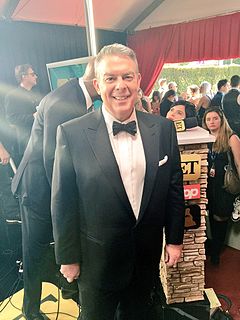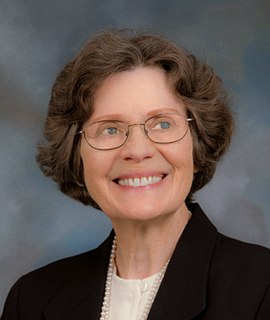A Quote by George Osborne
The Internet has made us richer, freer, connected and informed in ways its founders could not have dreamt of. It has also become a vector of attack, espionage, crime and harm.
Related Quotes
The world tells us in a thousand different ways that the bigger we become, the freer we will be. The richer, the more beautiful, and the more powerful we grow, the more security, liberty, and happiness we will experience. And yet, the gospel tells us just the opposite, that the smaller we become, the freer we will be.
We need to make sure that whenever we're engaging in a cyber-warfare campaign, a cyber-espionage campaign in the United States, that we understand the word cyber is used as a euphemism for the internet, because the American public would not be excited to hear that we're doing internet warfare campaigns, internet espionage campaigns, because we realize that we ourselves are impacted by it.
When people conceptualize a cyber-attack, they do tend to think about parts of the critical infrastructure like power plants, water supplies, and similar sort of heavy infrastructure, critical infrastructure areas. And they could be hit, as long as they're network connected, as long as they have some kind of systems that interact with them that could be manipulated from internet connection.
I felt that we could hardly improve on the conception of the university expressed by one of the founders of the modern system, Wilhelm von Humboldt, also one of the founders of classical liberalism. That seems to me true today as well, though ideals of course have to be adapted to changing circumstances.
Young people - with their dynamism, their energy and their inherent understanding of our interconnected world - have much to teach us. Increased educational attainment, advances in technology and the spread of information have made this generation the best educated, most connected and most informed in history
































